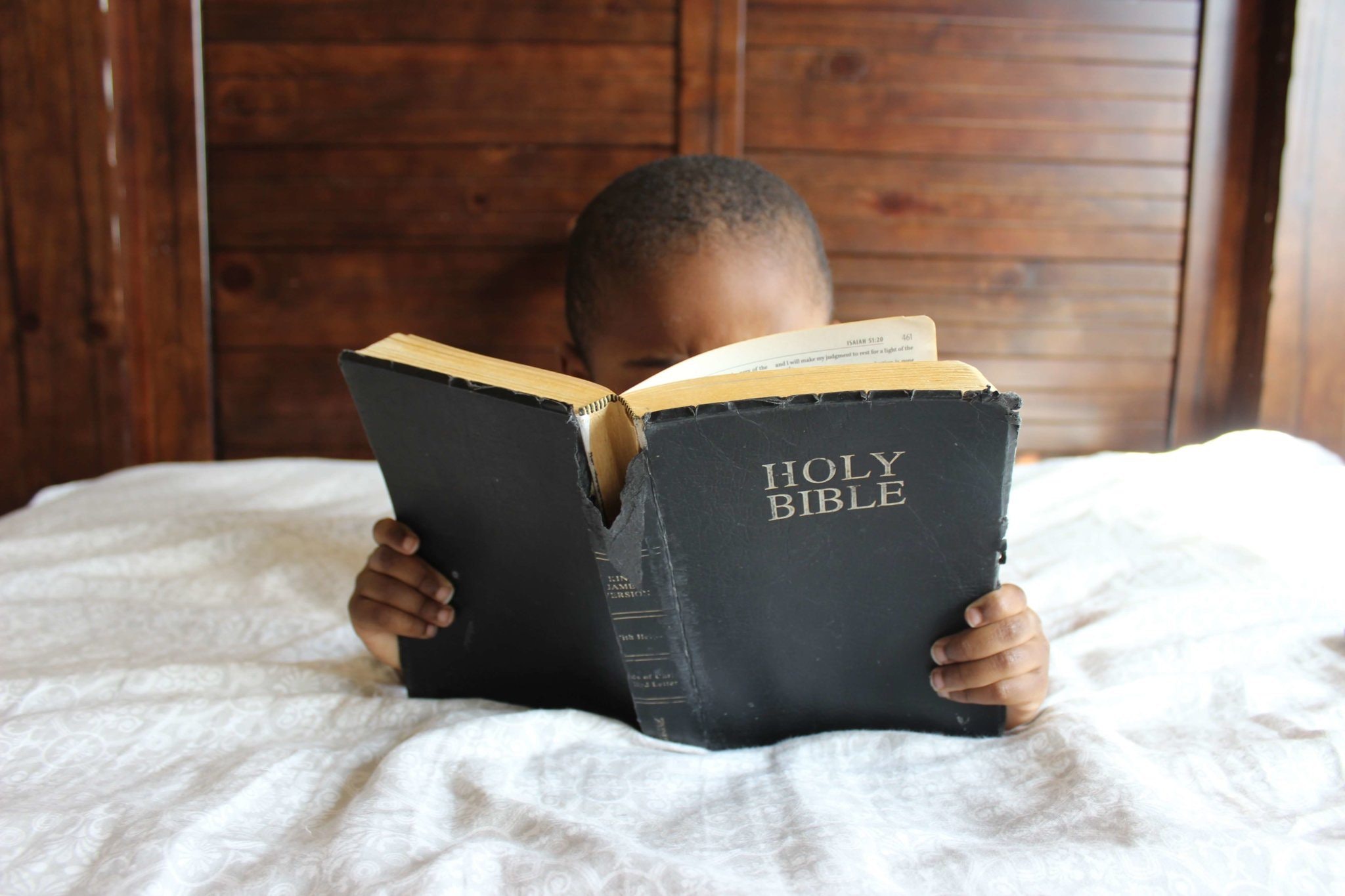
As acknowledged in UN SDG 5, gender inequality persists everywhere with particularly damaging impact on women and girls. As females constitute half of the world’s population and, consequently, half of its potential, this reality transpires in lack of fulfillment on the personal and individual level, as well as, on a broader level, in stagnation of social and economic progress.
This project seeks to pool interdisciplinary expertise and promote international collaboration in order to investigate one dimension of this complex and profound problem: namely, the intersections between, on the one hand, religious expression and on the other, gender-based violence. This is a topic with multifarious manifestations at the local, as well as global level and with considerable impact on especially women and girls who are most directly affected by gender-based inequalities.
The collaboration will build on an existing project – the Shiloh Project – involving three WUN members – Auckland, Leeds, and Sheffield and will draw a new member – University of Ghana, which will bring expertise in a range of religious traditions (Christianity, African traditional religions, Islam) as well as methodological approaches (e.g. textual, historical, comparative and anthropological criticism).
The project will consist of both an academic day-conference and a participatory workshop where academic and non-academic partners, from government bodies, educational and NGO sectors, work together to identify strategies that raise consciousness and awareness and which provide information about available support for those affected by or at risk from gender-based inequalities.
It will also provide an opportunity to support and mentor early career researchers who otherwise have limited opportunity to benefit from sustained contact with members of the international academic community, as well as to explore future and more extensive collaborations on this topic of acute urgency.
Project aims:
- To identify if and how authoritative religious texts and their interpretation facilitate gender-based violence.
- To identify both local (i.e. setting-specific, with particular focus on contemporary Accra) and globalized examples (e.g. in the form of popular culture: blockbuster films, music videos, advertisements of international consumer brands) that combine religious expression and gender-based violence and to investigate their subtexts concerning gender, ethnicity, class and social inequalities.
- To develop strategies of consciousness-raising and resistance to such subtexts.
